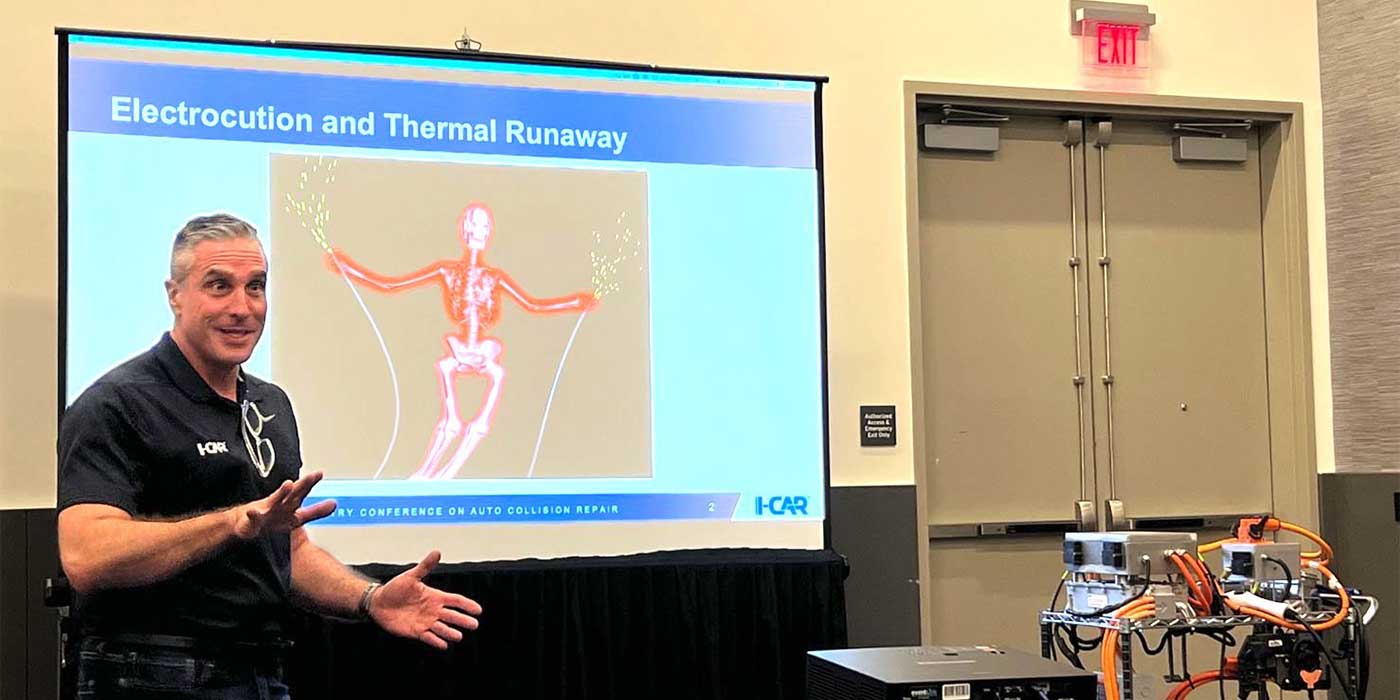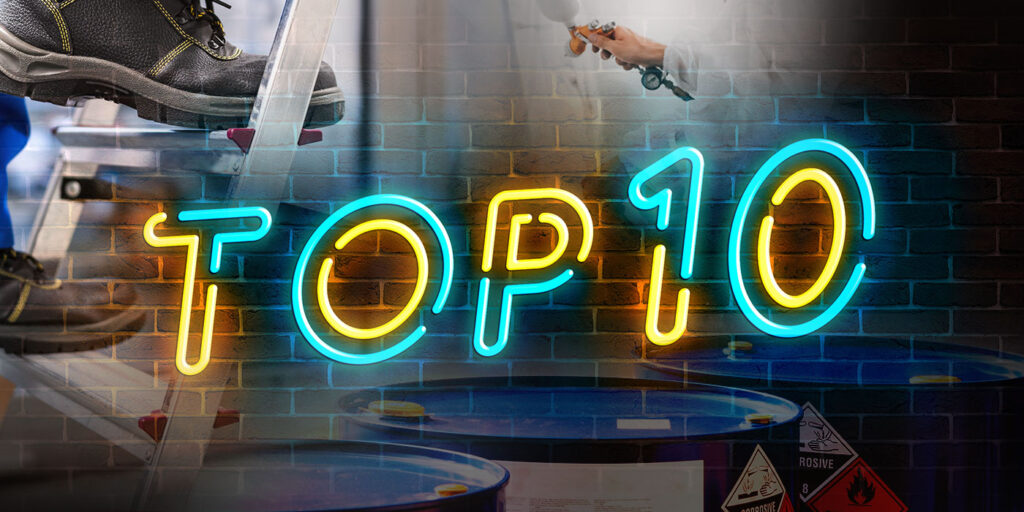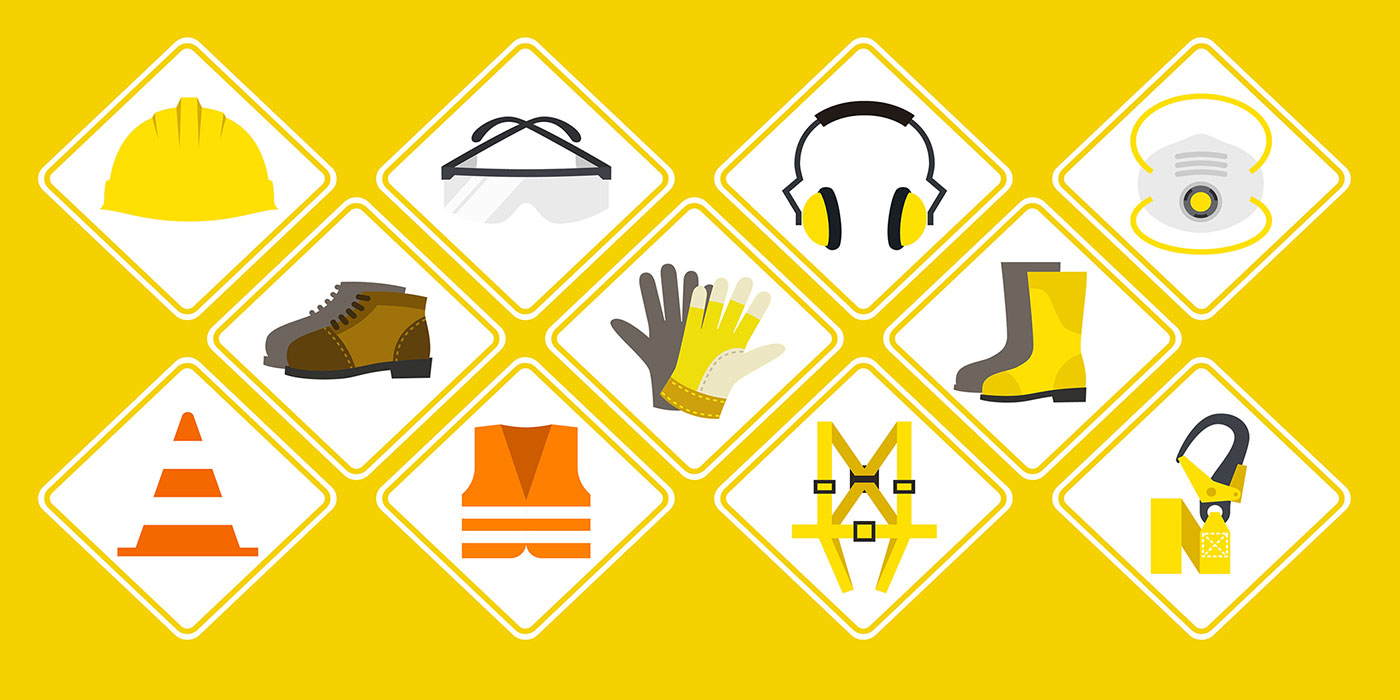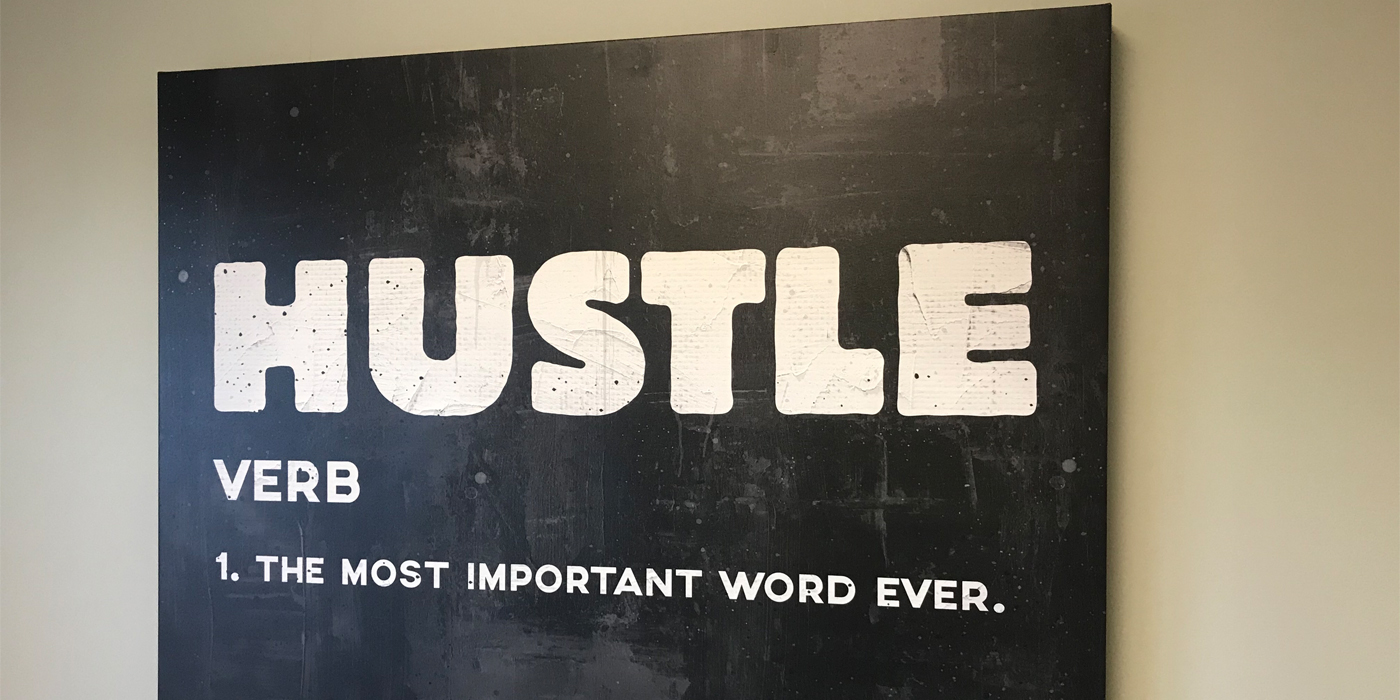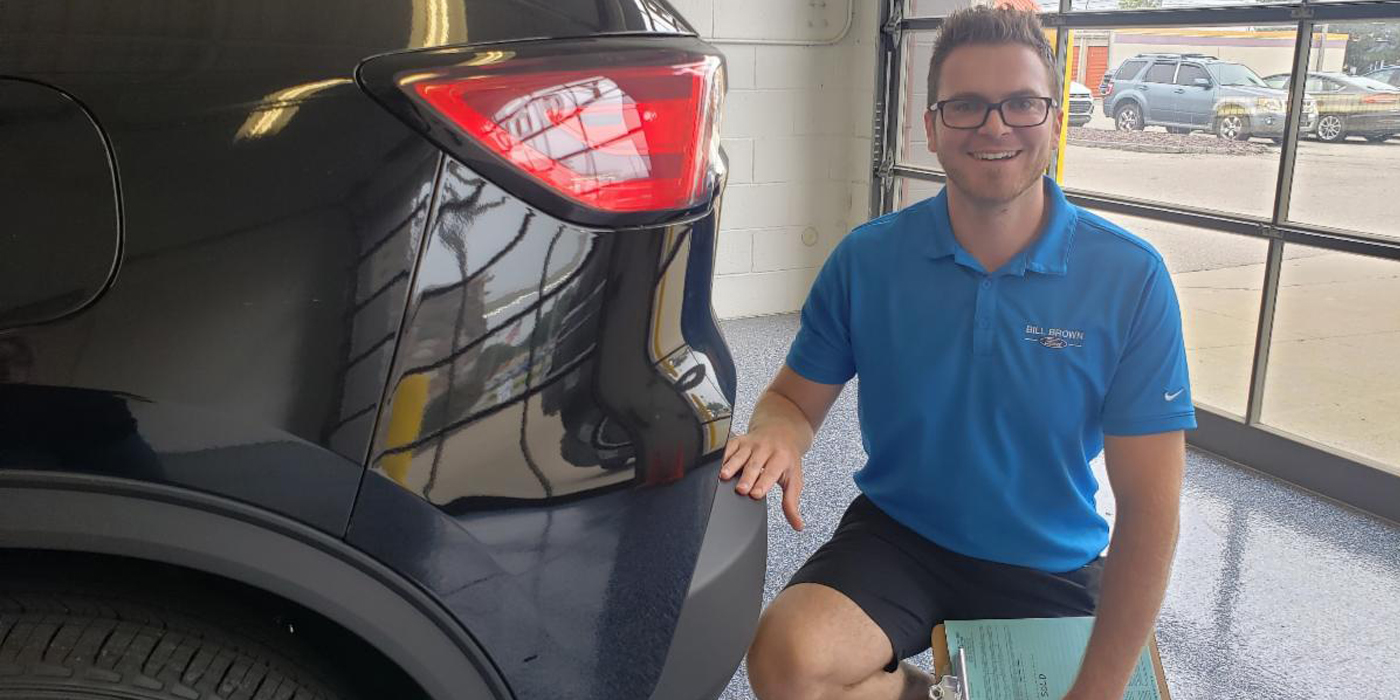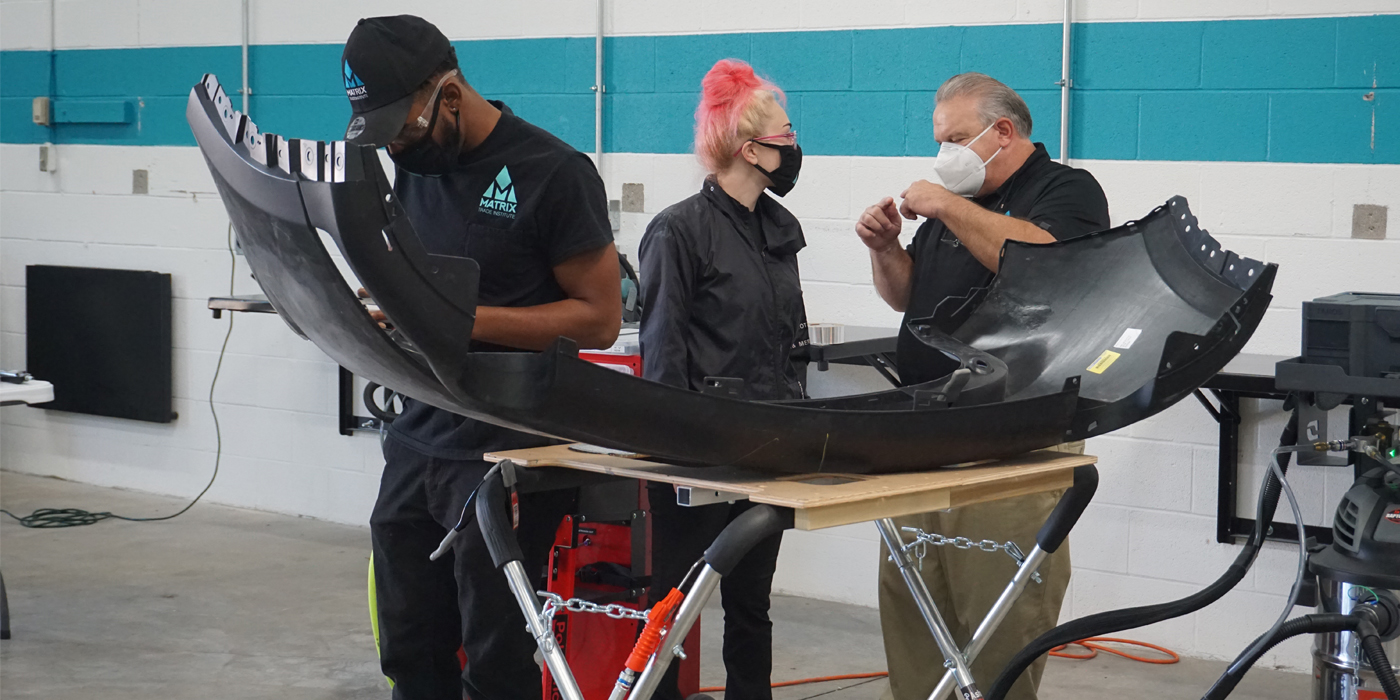
Collision repair industry professionals with Automotive Management Institute (AMi) designations will need to complete six hours of continuing education each year to maintain their AMi credentials, the institute announced.
AMi will provide designation graduates holding one of its many professional designations until Dec. 31 to complete six credit hours of AMi-approved training to maintain a “current designation status.”
After 2018, anyone holding an AMi professional designation must complete a minimum of six credit hours of approved training within the 12-month calendar year.
Graduates not meeting the continuing education requirement will lose permission to claim designation status, AMi noted.
“Ongoing advancements in customer service, marketing, leadership and management compels AMi to require continuing education requirements to maintain the relevance of its professional credentials,” AMi Chairman Sheri Hamilton said.
Individuals not meeting the annual C.E. requirements will no longer be listed on the organization’s verification of credential holders website and will be required to stop using AMi designations as a current credential, according to AMi.
“The AMi core belief refers to learning as the only source of a sustainable competitive advantage,” said Jeff Peevy, AMi president. “To be true to this belief and to promote the need to learn continually, it only made sense to develop this requirement.”
AMi graduates can fulfill the annual six-credit-hours continuing education requirement by taking AMi-approved live instructor-led classes, AMi-hosted online courses and through its new “Alternate Methods of Learning Program” that provides credit through approved articles, videos and podcasts.
For a full description of the new AMi C.E. requirement (in PDF format), click here.



